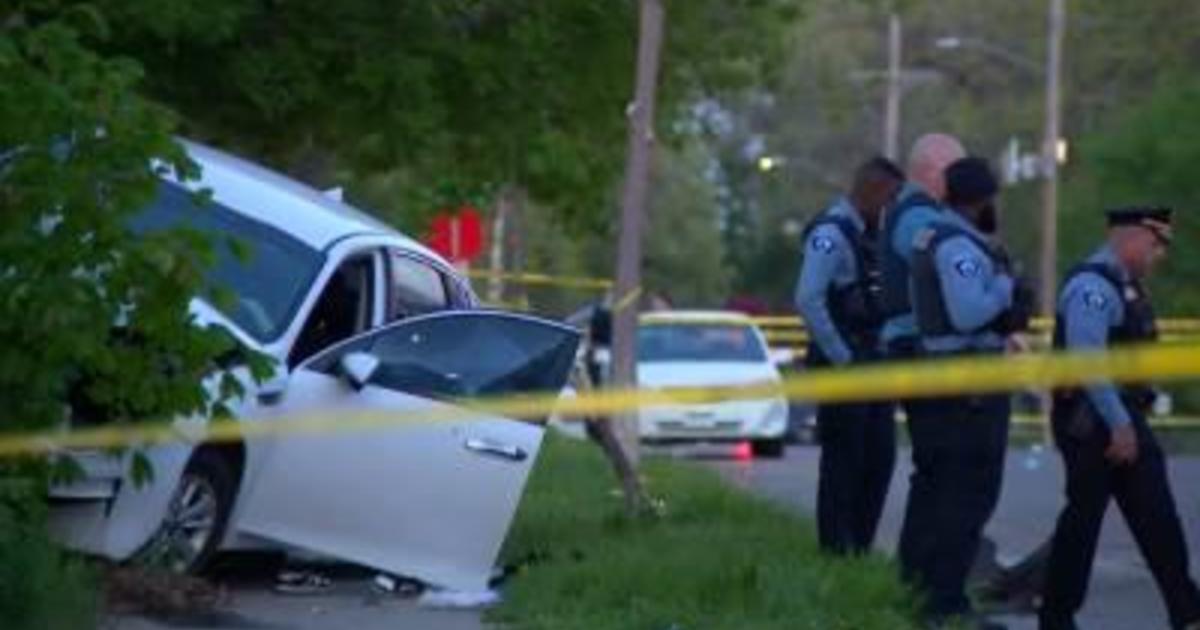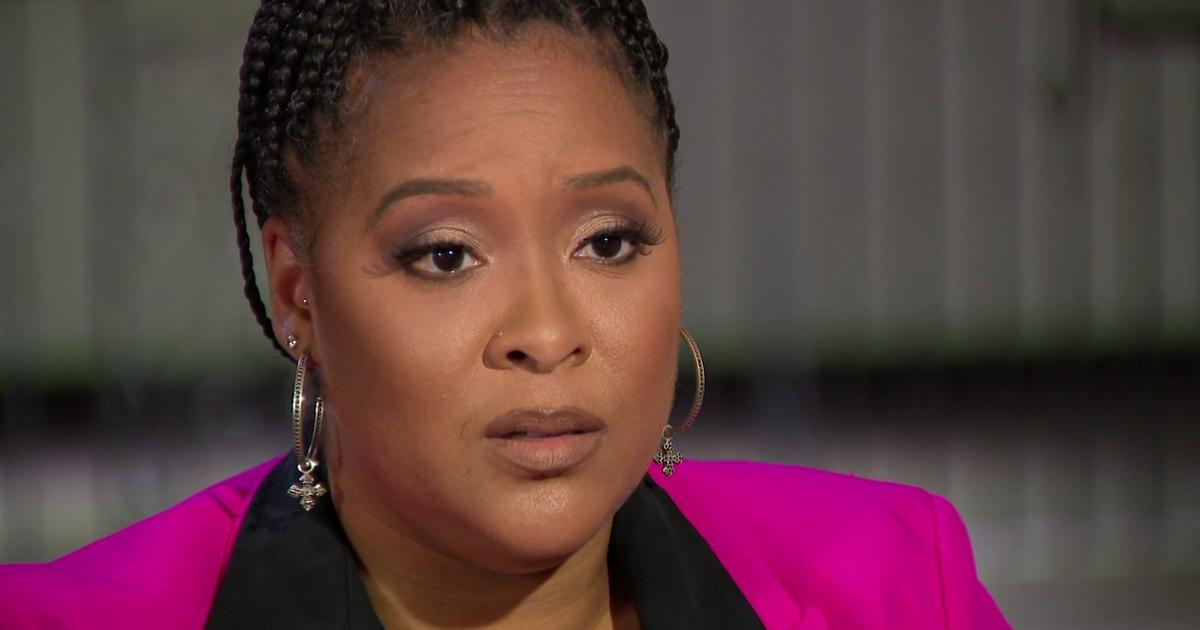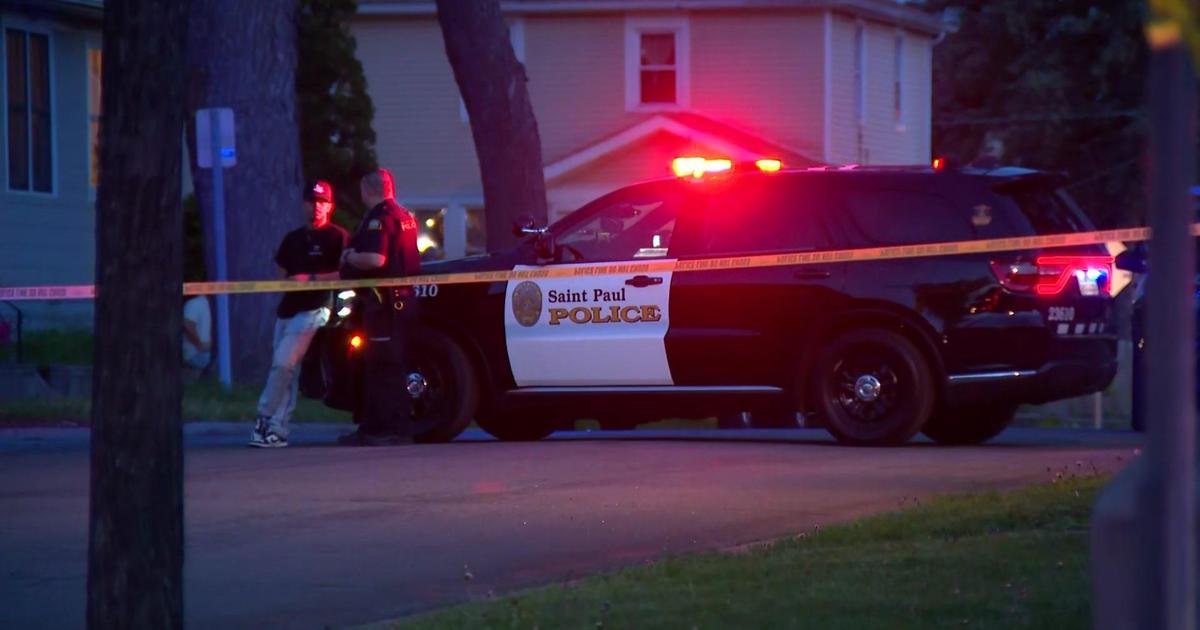Good Question: How Dangerous Is Nuclear Energy?
MINNEAPOLIS (WCCO) -- Minnesota emergency management officials executed the first alert in the history of Minnesota's Prairie Island nuclear plant Thursday, when chlorine spilled after a break in a 2-inch pipe.
While the level two alert was not a threat to the public, it left some to wonder: How dangerous is nuclear energy?
The splitting of the uranium atom to generate energy has long divided the masses. Some think about clean energy and emission free power. Others say nuclear energy brings thoughts about hazardous waste, nuclear weapons, and even the Japanese earthquake last year that caused catastrophic meltdown at the Fukushima plant when reactors overheated after power failure.
The Chernobyl and Three Mile Island disasters also plague history, but Minnesota's minor Prairie Island chlorine spill should not be a concern, according to Dean Abrahamson, a retired professor from the Hubert H. Humphrey Institute of Public Affairs. Abrahamson spent his career specializing in energy policy and even worked as a reactor physicist, and later as a scientist at Honeywell.
"We have a dreadfully uninformed electorate and when it involves a nuclear plant, there is a special sensitivity," said Abrahamson. "There is a justifiable caution about nuclear power, but that doesn't have anything to do with this chlorine leak."
Abrahamson said when it comes to nuclear power overall, he isn't sure if the advantages outweigh the risks.
"I don't think nuclear power is safe, but for reasons that have nothing to do with this chlorine leak. The nuclear power issue is very complicated, it involves waste management, safety, it involves proliferation of nuclear weapons, it involves cost," said Abrahamson.
Abrahamson's concerns stretch beyond Minnesota. He believes we should focus on how nuclear energy is harnessed globally.
"Any country that has nuclear power, if they want to, can make nuclear weapons," he said. "Look at Iran, look at North Korea. That is the real issue with nuclear power. But the bottom line is there is a potential for accidents. We saw that in Japan a few months ago, there is a real problem with management of high level wastes."
The Nuclear Regulatory Commission (NRC) oversees 104 nuclear plants in the United States. Spokeswoman Prema Chandrathil said the NRC's mission is to regulate nuclear energy and ensure safety for the public, environment and for workers.
Chandrathil said every site is assigned two on-site federal inspectors, who are on duty around the clock all year long. When the NRC perceives a risk, they won't hesitate to shut down the plant to protect the public.
The agency increased inspections at nuclear plants nationwide after the Japan disaster to scrutinize whether similar problems could happen in the United States.
Minnesota also has another nuclear plant in Monticello, which has a good safety record, according to the Nuclear Regulatory Commission. Minnesota's nuclear plants supply 69 percent of the state's emission-free power, according to the Nuclear Energy Institute.
Last year, NRC inspectors found a slight problem at the Prairie Island plant when testing a battery charger for backup power, but the problem has been fixed.



